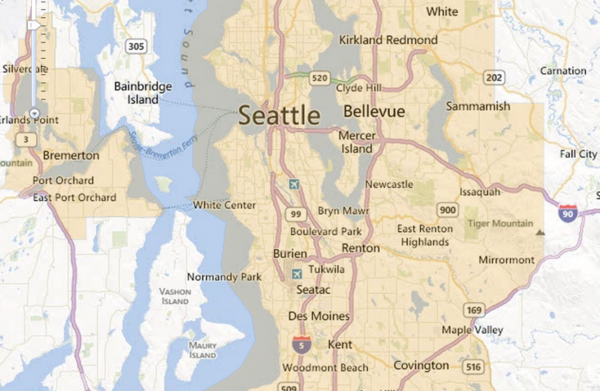 EDITORS NOTE: This post was written in 2013. FHA loan limits have changed as well as the interest rates posted below. Please see the bottom of this web page for current FHA loan limits. If I can provide you with a current rate quote for your home in Washington, please click here.
EDITORS NOTE: This post was written in 2013. FHA loan limits have changed as well as the interest rates posted below. Please see the bottom of this web page for current FHA loan limits. If I can provide you with a current rate quote for your home in Washington, please click here.
If you are considering buying a duplex, triplex or fourplex and you’re going to live in one of the units, FHA is a possible mortgage option.










Recent Comments